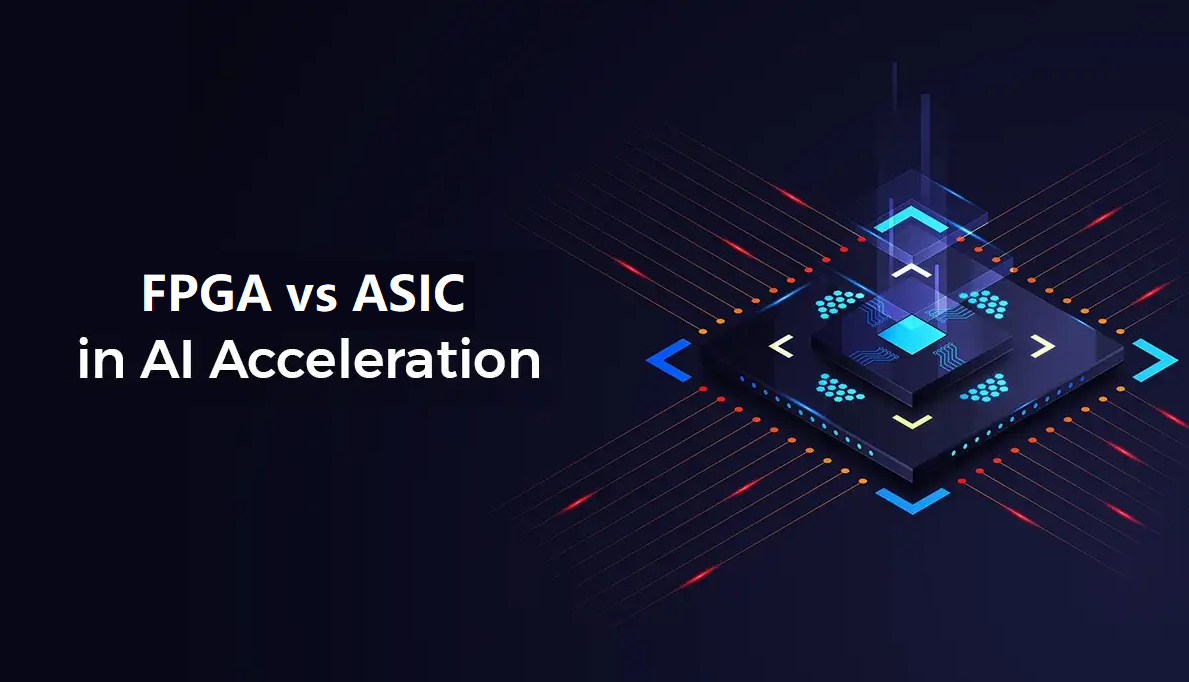Time: 2025-05-29 11:27:42View:
Here's a clear and structured comparison between FPGA and ASIC in the context of AI acceleration:

| Feature / Aspect | FPGA (Field Programmable Gate Array) | ASIC (Application-Specific Integrated Circuit) |
|---|---|---|
| Definition | Reconfigurable chip made of programmable logic blocks | Custom-made chip designed for a specific task (e.g. AI) |
| Performance | Moderate to high (but lower than ASIC for fixed tasks) | Very high (optimized for specific AI operations) |
| Power Efficiency | Less efficient (reconfigurability costs more power) | Highly efficient (optimized hardware and data paths) |
| Latency | Generally higher than ASIC | Very low (dedicated pathways, no abstraction overhead) |
| Flexibility | Reprogrammable, supports updates post-deployment | Fixed-functionality once manufactured |
| Development Time | Shorter (no fabrication needed) | Long (requires design, validation, fabrication) |
| Cost (Unit) | Higher per unit in volume production | Much lower per unit for high volume |
| Cost (Development) | Low to moderate (no mask production) | Very high (tooling, masks, NRE costs) |
| Use Cases | Prototyping, research, custom AI models, low-volume systems | Mass production AI chips (e.g. TPUs, NPUs, inference engines) |
| Examples | Xilinx/AMD Versal AI Core, Intel Stratix | Google TPU, NVIDIA Deep Learning Accelerator (DLA), Apple Neural Engine |
Customizable data paths for AI models (e.g. CNN, RNN).
Ideal for research and prototyping new AI algorithms.
Useful in applications where AI workloads evolve and need updates.
Lower risk and faster iteration during development.
Tailored to maximize throughput and minimize power usage for specific models.
Preferred in data centers, edge inference, and consumer devices.
Once developed, it offers unmatched speed and efficiency.
| Scenario | Best Choice |
|---|---|
| Early-stage AI model development | FPGA |
| Low to medium volume deployment | FPGA |
| Mass deployment of fixed AI workloads | ASIC |
| Applications requiring strict power limits | ASIC |
| Frequent model updates / flexibility | FPGA |
FPGAs are flexible, quick to deploy, and great for evolving AI needs or prototyping.
ASICs are faster, more efficient, and ideal for large-scale, fixed-function AI systems where performance per watt and cost per unit matter most.